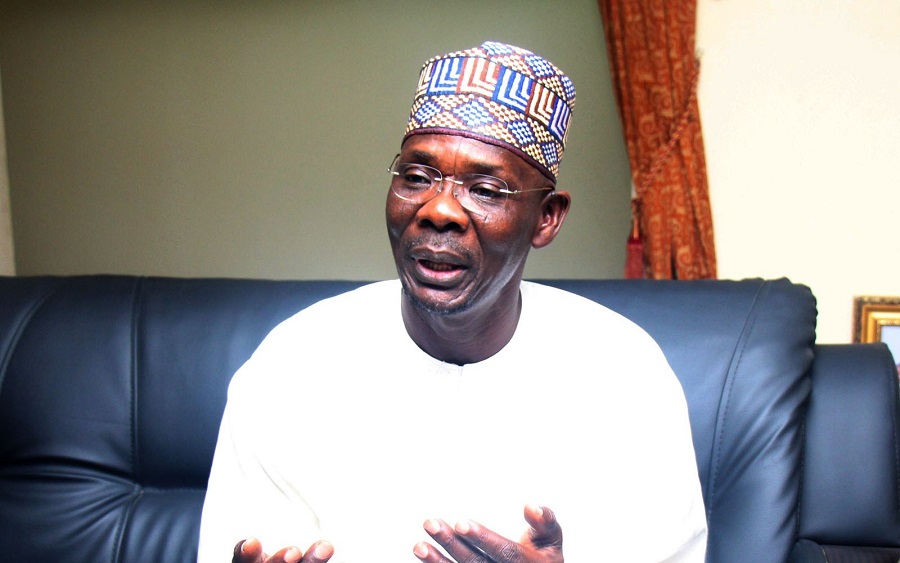Dangote Sugar Refinery in Tunga, Nassarawa State is expected to produce 450,000 metric tonnes and generate about 90 megawatts of power annually when completed.
Governor Abdullahi Sule of Nassarawa State, said at a sugar sensitisation workshop organized by the National Sugar Development Council, Lafia, that aside the refinery producing 90 megawatts of power yearly, it would only use an average of 45 megawatts to operate.
The remaining 45 megawatts would serve the community as it is more than enough power for Lafia to use alongside other areas like the Obi, Keana and Awe local government areas of the state.
Recall that Nassarawa Government signed a Memorandum of Understanding (MoU) with the Dangote Sugar Group to construct a $700 million sugar project located in Tunga, Awe Local Government Area of the state.
[READ MORE: Dangote Sugar Refinery to merge with Savannah Sugar)
Governor Sule said that the constraints on agricultural financing in the country was enormous. Also, the challenges posed by the land tenure system, he said made it difficult for investors to acquire land.
“The masterplan for Tunga sugar plantation started 7 years ago, but we have not gone more than 7%. We are supposed to be at 70% by now. And the reason is simple. The challenges are enormous, we are used to refineries in Nigeria.
“But with the refineries, you lose all the opportunities of the value chain. You lose the opportunity of the greatest of all, employment opportunities.
“Sugar industry has an excellent formula of what we call out-grower. They can take land from a farmer, and give it back to the farmer and also guarantee buying of this product so that at the end of the day, it’s the same sugar industry that is growing,” Sule said.
What you should know: The aim of the sugar project by Dangote in collaboration with the Nassarawa State Government was to create job opportunities for 30,000 teaming youths in the state.
Aliko Dangote had said that the project was to further align Dangote Group with the present government’s policy of diversifying the economy by a renewed focus on the non-oil sectors like manufacturing, agriculture and solid minerals, where the group is already well-positioned and is a leader.
